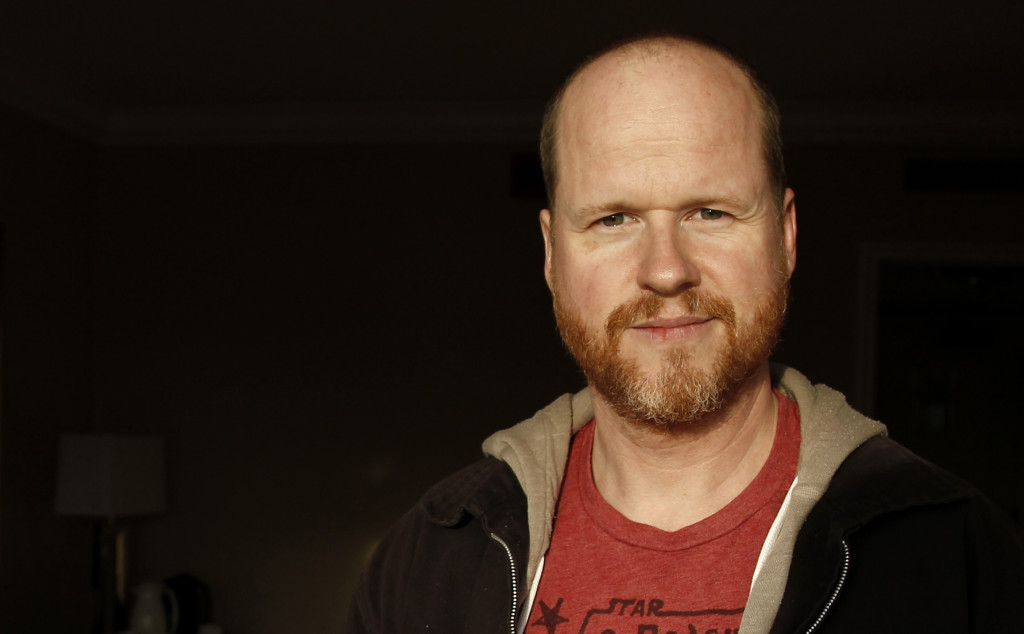I have something in common with Joss Whedon. He doesn’t like the term “feminist,” and neither do I. We both think that feminism has an image problem. Whedon, who defines feminism as “believing men and women to be equal; believing all people to be people” doesn’t like the term because he thinks the “-ist” at the end fails to convey it’s universal appeal.
Let’s be real, Mr. Whedon. The last syllable of the word is the least of feminism’s problems.
I like Joss Whedon’s ostensible definition just fine. The problem is that he, like most self-declared feminists, doesn’t actually stick to it. Feminism is always introduced as something universal and apolitical like “concern for women’s issues,” but then in practice it always ends up being equated with left wing social politics. Do you care about women? Then you must be a Democrat. The Republicans have declared a War on Women, don’t you know?
Because the term “feminism” has become hopelessly entangled in partisan politics, it’s time to step back and differentiate between being concerned for women and feminism. We can find some common ground if we do that, and I can’t think of a better place to start then this famous clip from Patrick Stewart about the importance of opposing violence against women.
It’s a beautiful and moving speech. There’s nothing political about it, and there shouldn’t be.
